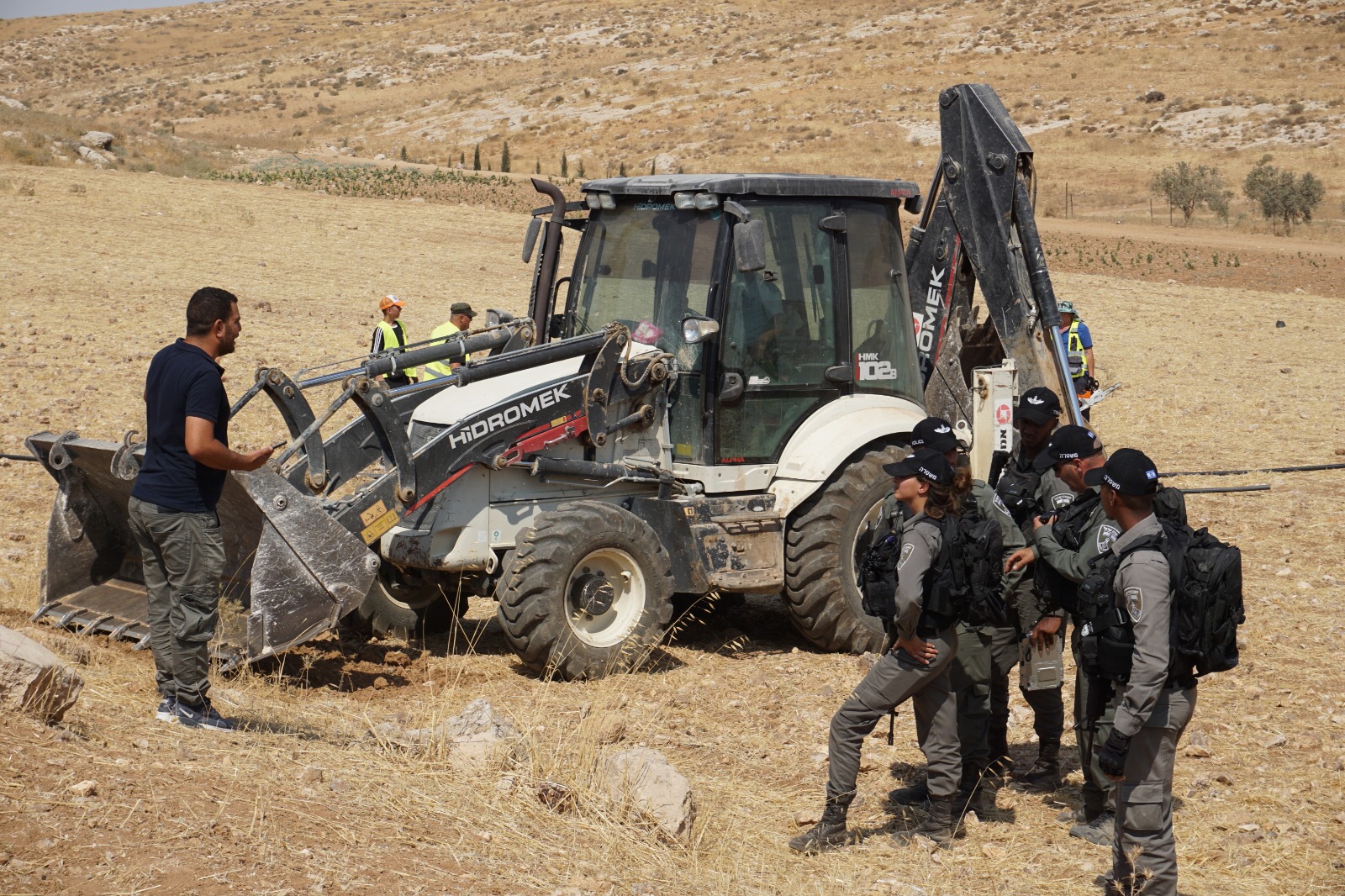Category: Reports
-
Israeli settlers attack Palestinians and harass internationals, IOF arrest observers
August 11 | International Solidarity Movement | Hebron, occupied Palestine Yesterday in Tel Rumeida, the afternoon before Eid, settlers attacked an elderly Palestinian couple as they walked home. International activists in the area attempted to document the abuse. The soldiers were not protecting the Palestinians. They were allowing the actions of the violent settlers. …
-
Settlers attack Palestinians across the West Bank after Israeli soldier death
August 9 | International Solidarity Movement | West Bank, occupied Palestine Israeli settlers launched a series of violent attacks against Palestinians across the West Bank last night, smashing car windows and assaulting an elderly man. Attacks took place simultaneously in multiple locations between 22:00 and 24:00 on the night of August 8, near the illegal…
-
Water Series: ‘There’s no law in the world that says you can cut water from humans’
August 3 | International Solidarity Movement | South Hebron Hills, occupied Palestine This is the second of a series of reports documenting the control and devastation of water sources by Israel as a tool of oppression. Israel is escalating its war on water in the South Hebron Hills, demolishing wells, ripping out kilometres…



